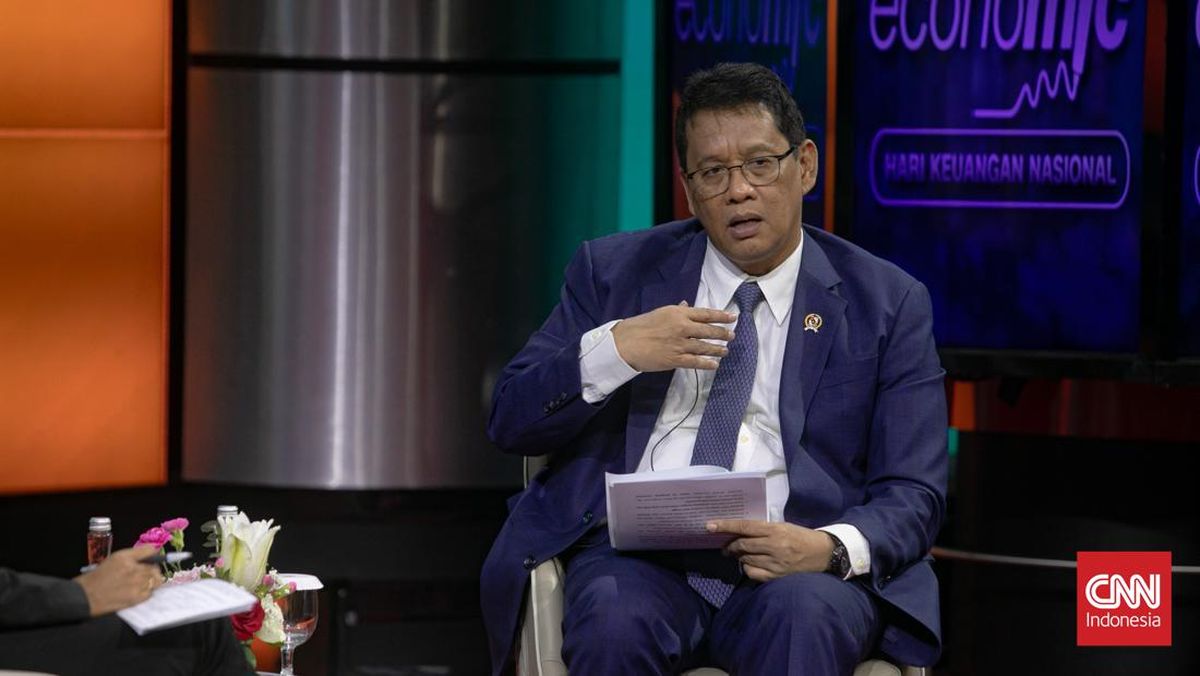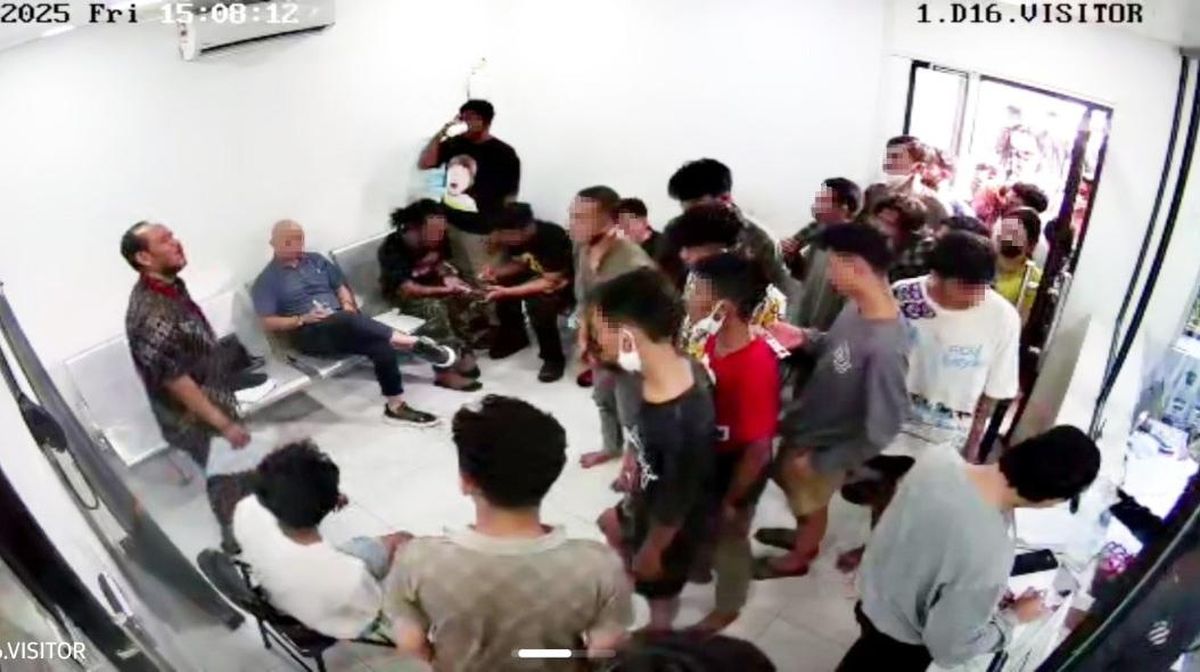Opinion
October 28, 2025 — 7.00pm
October 28, 2025 — 7.00pm
France is once again in the spotlight. The Louvre, the Lecornu government, the imprisonment of Nicolas Sarkozy, the world’s eyes are fixed on these names that, each in their own way, have marked or are marking our country’s history. Yet while these names sometimes manage to cross France’s borders, they rarely make it past the borders of language itself.
We French must admit we share part of the responsibility: the language of Moliere is not the easiest to master, even for those who speak it every day. What has caught my attention in recent years, however, is beyond the fact that learning foreign sounds is never easy, it’s often the same French words that give English speakers the hardest time, a kind of unofficial blacklist of vocabulary.
Among this catalogue of indecipherable sounds, right at the top of the page, we find: pastries.
Which is quite sad, because if there is indeed one thing that can be attributed to France, apart from its Tour Eiffel, which, by the way, could also deserve a paragraph in this article, it is our pastries. As original in flavour as in name, it’s true. Two of them, in particular, are the subject of many phonetic experiments.
So, to make any future visit to a bakery easier, I would like to offer two or three tips.
The “eine” of madeleine is not pronounced “ee” as in mean or jean, but rather as in pen or men.
As for the mille-feuille, the second half is undoubtedly the trickiest. It is therefore necessary to separate it. The simplest way would be to say “f – uh – ye”. Another particularity of French pastries and viennoiseries is that most of them have a silent letter. Take for example the pain au chocolat or the iconic croissant. The “T” must always remain silent.
Conversely, if there’s one letter that tends to be forgotten too often, it’s the “R”. This simple letter can brighten your morning with a “bonjour”, accompany your evening with an “au revoir”, or simply help you make yourself understood in daily life, since the French language counts tens of thousands of words with an “R”. Just a few examples: Paris, merci, fromage, ratatouille, rose, frere …
It’s a bit of a workout for the mouth, I’ll admit, but in the end, it’s all a matter of tongue placement. The English “R” uses the front of the muscle, while the French “R” makes the back vibrate.
If this explanation is not convincing enough, rolling the “R” remains the best option to make yourself understood. Otherwise, it is always possible to practice with this simple sentence: Robert regarde la riviere et respire l’air frais du printemps. (Robert looks at the river and breathes in the fresh spring air.)
Loading
One last point I would like to address which, in my opinion, is the one that brings us the closest together. Everyone knows that between French and English, some words are shared. Business, shopping and coach have become part of our dictionary. On the other hand, it is also common to find rendezvous, entrepreneur, or fiance in English conversations. And yet, two words continue to resist: menu and deja vu. It must be said that they possess one of the greatest complexities of the French language: the “U”. The only point to remember is that it is not pronounced “oo” as in blue or too. I haven’t been able to find its equivalent in English. It should lie somewhere between mustard and student.
A lot of advice, perhaps, but no need to worry, there’s room for improvement on both sides of the globe. I’m thinking, for instance, of Anthony Albanese, whose ears must ring when French journalists try, with varying success, to pronounce his surname. Not to mention the eternal mystery of “th”, which many people around me are still trying to solve. Myself included, from time to time. All this is to say that these few sentences do not claim, in any way, to revolutionise international communication. Especially since we must recognise that a person’s accent is often what gives them their charm.
For the record, in France, there’s only one way to pronounce the Louvre, whether you’re from Marseille, Lyon, or Paris. It’s LOOVR (one syllable). I hope that clears this up.
Elyne Le Faou is a journalism student in Paris who has lived in Australia.
The Opinion newsletter is a weekly wrap of views that will challenge, champion and inform your own. Sign up here.
Most Viewed in World
Loading


















































